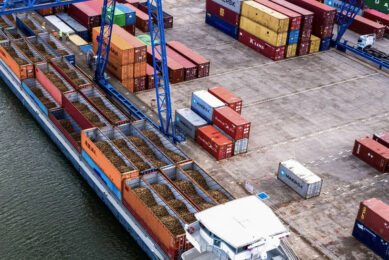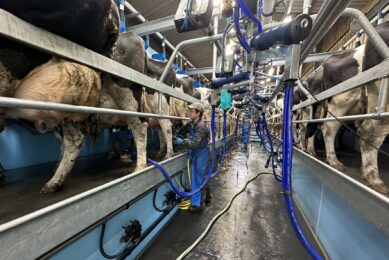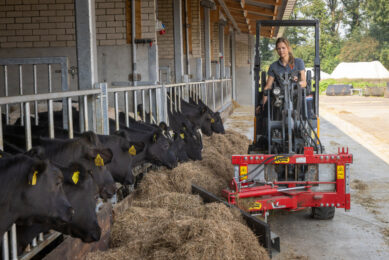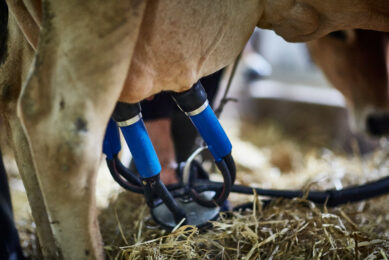UK: Arla Foods calls for government help amid labour shortages
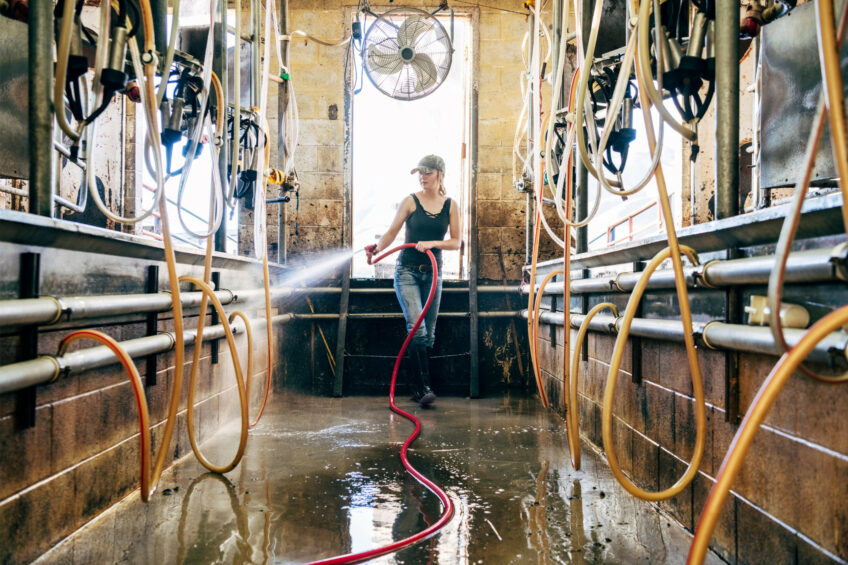
Dairy farmers in the UK are having to reduce their herd size and cut their output due to labour shortages, prompting the UK’s largest dairy company to call for help from the government.
Research from Arla Foods among its farmer members found that more than half (56%) said it was harder than ever to recruit, while 86% with vacancies said they had received very few or no applicants with the necessary skills.
The cooperative has found that, on average, farmers are paying staff 27% more than they were before the Covid-19 pandemic and the end of free movement of people from the European Union.
This has led to the following:
- 1 in 12 (8.5%) have reduced their output – up from 5.5% in 2023.
- More than 1 in 10 (10.6%) have had to cut herd size – up from 9% in 2023.
- Nearly 1 in 6 (16%) say they are considering leaving the industry – up from 12% last year.
Bas Padberg, managing director of Arla Foods, said the survey of 472 dairy producers was borne out their concerns and the potential impact on food prices and food security.
“If we want our farmers to continue to put food on the table in millions of homes around the country, they need help. We’re calling on the government and the industry to work together to bring people into our exciting sector, and then to give them the skills and equipment they need to be fully productive,” he said, adding, “What ministers have said already about driving growth and supporting training is positive; we now need to go further and faster.”
Attracting qualified people to dairy
The largest challenges across the wider supply chain are attracting qualified people with the correct skill sets for the modern manufacturing environment and attracting more women and younger people into the sector as a career choice. Arla is asking the government to:
- Reduce the administration on farmers by simplifying paperwork;
- Promote the food and farming sector;
- Support skills development and up to date portable qualifications, and;
- Accelerate investment of technology to find workers with expertise and experience of automation.
Fran Ball, vice president of production at Arla, added: “The challenges in recruiting suitably-skilled people into the food supply chain is becoming increasingly harder. With advancements in technology and automation, we should be getting more efficient, but we need the right people with the right skills if we want to have a workforce that is fit for the future.”
Benefits of working in farming
David Christensen, Arla farmer, added: “For farmers across the country, this has been a problem for a number of years, and it is getting worse. We need schools, parents and career advisors all to recognise the benefits of working in the food and farming sector and to share them with young people. Because in the end it is people who will deliver a thriving food and farming sector that feeds the nation and contributes to the growth of our economy.”
In a report published late last year, the Food Standards Agency said UK farming was not seen as a desirable career choice, but is often classed as poorly paid and low skilled work which lacks career prospects (McDonalds 2022, Royal Association of British Dairy Farmers 2023, EFRA submission 2021). Other features making it unattractive include its rural locations, long, often unsociable hours and its physical nature, which mans that many can and do find more agreeable work elsewhere for the same wage (Food and Drink Federation 2021, Centre for Rural Policy Research 2021).
Join 13,000+ subscribers
Subscribe to our newsletter to stay updated about all the need-to-know content in the dairy sector, two times a week.



